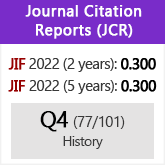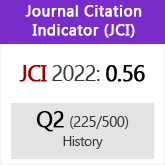Memory and Oblivion. Testimonies and Depictions
DOI:
https://doi.org/10.3989/chdj.2012.005Keywords:
individual and social portrayals, subjectivity and bias, ever-written Histories, Histories of the world, Histories of power use and abuse, forgive but not forgetAbstract
If everything is history, then, in his work, the historian acknowledges both memory and oblivion when creating those depictions that constitute his never-ending commitment, and hence assumes the responsibility of creating and preserving new sources for a new history. Recovering memory and combating oblivion signify a challenge to ceaselessly denounce injustices. One endeavors to write a history that recovers and preserves different versions of the facts, seen from the most diverse viewpoints and in the light of all manner of interests, and this implies carrying out a task that precedes that of deconstruction, so as to subsequently embark on the heroic feat of splitting hairs, while taking into account different opinions and viewpoints that express the events themselves in many ways. In short, the historian is both a witness of -and a protagonist in- his times.
Downloads
Download data is not yet available.
Published
2012-06-30
How to Cite
Meyer, E. (2012). Memory and Oblivion. Testimonies and Depictions. Culture &Amp; History Digital Journal, 1(1), e005. https://doi.org/10.3989/chdj.2012.005
Issue
Section
Articles
License
Copyright (c) 2012 Consejo Superior de Investigaciones Científicas (CSIC)

This work is licensed under a Creative Commons Attribution 4.0 International License.
© CSIC. Manuscripts published in both the printed and online versions of this Journal are the property of Consejo Superior de Investigaciones Científicas, and quoting this source is a requirement for any partial or full reproduction.All contents of this electronic edition, except where otherwise noted, are distributed under a “Creative Commons Attribution 4.0 International” (CC BY 4.0) License. You may read here the basic information and the legal text of the license. The indication of the CC BY 4.0 License must be expressly stated in this way when necessary.
Self-archiving in repositories, personal webpages or similar, of any version other than the published by the Editor, is not allowed.

















